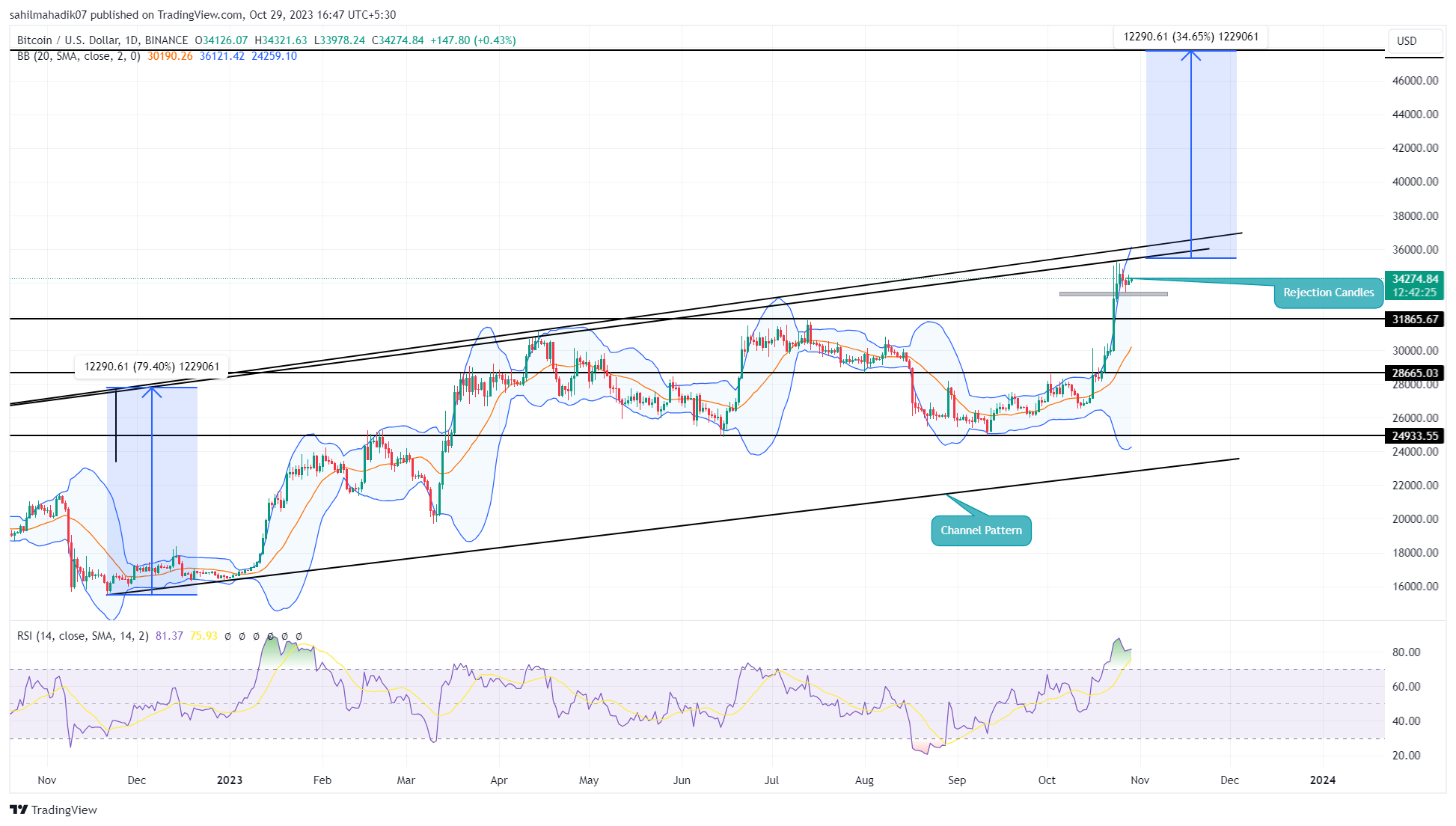Deadly Fungi: The Emerging Superbug Crisis

Table of Contents
The Rise of Antifungal Resistance
Antifungal resistance, the ability of fungi to survive treatment with antifungal drugs, is a significant driver of the deadly fungi superbug crisis. This resistance develops through various mechanisms, including mutations in fungal genes that alter drug targets or increase drug efflux. The overuse and misuse of antifungals accelerate this resistance. The problem is compounded by a lack of new antifungal drug development, leaving us with a limited arsenal to fight these increasingly resilient pathogens.
Factors contributing to the rise of antifungal resistance include:
- Increased use of antifungals in agriculture: The widespread use of antifungals in agriculture to protect crops selects for resistant strains that can then spread to humans.
- Increased use of antifungals in medicine: The overuse of antifungals in healthcare settings, particularly in hospitals and intensive care units (ICUs), contributes significantly to the selection and spread of resistant fungi.
- Lack of new antifungal drug development: The pharmaceutical industry has not invested sufficiently in developing new antifungal drugs, leaving us with a limited number of effective treatments.
- Inappropriate use of antifungals: The incorrect dosage, duration, or type of antifungal medication can lead to the development of resistance.
- Spread of resistant strains: Resistant strains of deadly fungi can easily spread through hospitals and other healthcare facilities, causing outbreaks and making infection control extremely challenging.
High-Risk Populations and Deadly Fungi Infections
Certain populations are at significantly higher risk of developing severe and potentially life-threatening fungal infections. These individuals often have weakened immune systems, making them more susceptible to invasive fungal diseases. Specific deadly fungal species, such as Candida auris, Aspergillus fumigatus, and Cryptococcus neoformans, pose particularly serious threats.
Vulnerable populations include:
- Individuals with weakened immune systems: People with HIV/AIDS, cancer patients undergoing chemotherapy, organ transplant recipients, and those taking immunosuppressant drugs are highly susceptible.
- People with pre-existing lung conditions: Individuals with asthma, cystic fibrosis, or chronic obstructive pulmonary disease (COPD) are at increased risk of developing Aspergillus infections.
- Patients in intensive care units (ICUs): ICUs are high-risk environments for fungal infections due to the presence of immunocompromised patients and the use of invasive medical devices.
- Neonates and infants: Newborns and infants have immature immune systems, making them vulnerable to severe fungal infections.
Impact on Healthcare Systems
The increasing incidence and severity of deadly fungal infections are placing a significant strain on healthcare systems worldwide. Diagnosing and treating these infections present considerable challenges. Limited diagnostic tools often lead to delayed diagnosis, and the scarcity of effective antifungal treatments further complicates management.
The impact on healthcare systems includes:
- Increased hospitalization rates and length of stay: Fungal infections often require prolonged hospitalization, leading to increased healthcare costs and resource utilization.
- Higher healthcare costs: Managing these infections is expensive, involving extensive diagnostic testing, prolonged treatment courses, and often specialized care.
- Strain on resources: The rising number of cases puts a strain on diagnostic labs, ICU beds, and healthcare personnel.
- Difficulty in infection control and prevention: Controlling the spread of resistant fungi in healthcare settings is extremely challenging, requiring stringent infection control practices.
Strategies for Combating the Deadly Fungi Superbug Crisis
Addressing the growing threat of deadly fungi requires a multi-pronged approach involving improved infection control, the development of new antifungal drugs, and responsible stewardship of existing antifungals. Global collaboration and increased research funding are crucial for tackling this emerging crisis effectively.
Strategies for combating this crisis include:
- Stricter infection control measures: Implementing rigorous infection control protocols in hospitals and healthcare settings is essential to prevent the spread of resistant fungi.
- Development of new antifungal drugs and therapies: Research and development of novel antifungal agents are critical to overcome the limitations of current treatments.
- Promoting responsible use of antifungals: Minimizing the overuse and misuse of antifungals is crucial to slowing the development of resistance.
- Increased funding for research: Increased investment in research is essential to understand the mechanisms of antifungal resistance and develop new diagnostic tools and therapies.
- Global surveillance systems: Establishing robust global surveillance systems is necessary to track the emergence and spread of resistant fungal strains.
Conclusion
The rise of deadly fungi and the superbug crisis they represent pose a significant and growing threat to global health. Vulnerable populations are disproportionately affected, and healthcare systems are struggling to cope with the increasing burden of these infections. The lack of effective antifungal treatments and the rapid emergence of resistance highlight the urgent need for action. The deadly fungi superbug crisis demands immediate attention. Learn more about fungal infections and support initiatives aimed at preventing and treating antifungal-resistant infections. Together, we can combat this growing threat.

Featured Posts
-
 Exploring The Rogue Exiles Of Path Of Exile 2
May 08, 2025
Exploring The Rogue Exiles Of Path Of Exile 2
May 08, 2025 -
 Vaticano Fieis Esperam O Funeral Do Papa Francisco Em Vigilia Noturna
May 08, 2025
Vaticano Fieis Esperam O Funeral Do Papa Francisco Em Vigilia Noturna
May 08, 2025 -
 Ps 5 Pro Sales Trail Ps 4 Pro A Market Analysis
May 08, 2025
Ps 5 Pro Sales Trail Ps 4 Pro A Market Analysis
May 08, 2025 -
 Ray Epps Sues Fox News For Defamation Over January 6th Coverage
May 08, 2025
Ray Epps Sues Fox News For Defamation Over January 6th Coverage
May 08, 2025 -
 76 2 0
May 08, 2025
76 2 0
May 08, 2025
Latest Posts
-
 Thunders Game 1 Win Alex Caruso Makes Nba Playoff History
May 08, 2025
Thunders Game 1 Win Alex Caruso Makes Nba Playoff History
May 08, 2025 -
 Analyzing A 1 500 Bitcoin Price Increase Prediction
May 08, 2025
Analyzing A 1 500 Bitcoin Price Increase Prediction
May 08, 2025 -
 Expert Prediction Bitcoin Could Soar By 1 500 In Five Years
May 08, 2025
Expert Prediction Bitcoin Could Soar By 1 500 In Five Years
May 08, 2025 -
 Alex Carusos Playoff History Making Performance In Thunder Game 1 Victory
May 08, 2025
Alex Carusos Playoff History Making Performance In Thunder Game 1 Victory
May 08, 2025 -
 Bitcoins Future Exploring The Possibility Of A 1 500 Rise
May 08, 2025
Bitcoins Future Exploring The Possibility Of A 1 500 Rise
May 08, 2025
